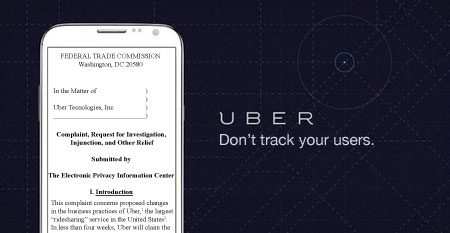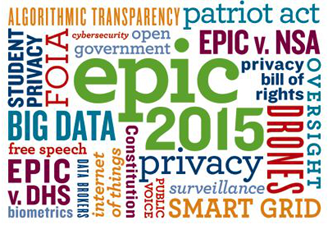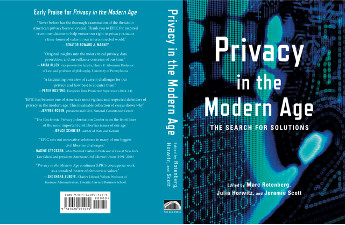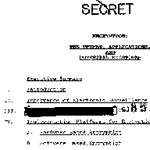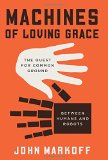An opinion by the top advisor for Court of Justice of the European Union indicates that the "Safe Harbor" arrangement, which permits the transfer of personal data to the US without legal protection, will come to an end. Under Safe Harbor, US companies self-certify compliance with EU data protection law. But the Advocate General has found the arrangement fails to protect privacy and should be declared invalid. Max Schrems, who initiated the case in Ireland, stated "This finding, if confirmed by the court, would be a major step in limiting the legal options for US authorities to conduct mass surveillance on data held by EU companies." The European Digital Rights Initiative also supported the decision. EPIC has recommended that the US update the Privacy Act to protect EU citizens and ratify the international convention for privacy protection.
The French Data Protection Authority, the "CNIL," has ordered Google to comply with the judgement of the Court of Justice of the European Union concerning the "Right to be Forgotten." The CNIL rejected Google's proposal to remove only a few links to the personal information it publicized widely around the world. The President of the CNIL said the decision "simply requests full observance of European legislation by non European players offering their services in Europe." EPIC has previously explained that the right to privacy is global and that the position of Google, as an operator of search engines around the world, does not make sense.
According to an audit of the websites of the 2016 Presidential Candidates, only 6 of the 23 candidates received passing grades for their website privacy policies - Bush, Chafee, Christie, O’Malley, Santorum, and Walker. Four sites had no privacy policy at all, several failed to disclose their data disclosure practices, and several more said they would disclose personal information to others, or even sell the data. EPIC conducted the first privacy web site survey, Surfer Beware: Personal Privacy and the Internet, in 1997. And EPIC promoted non-partisan debate on privacy issues in the 2012, 2010, and 2008 Presidential elections.






